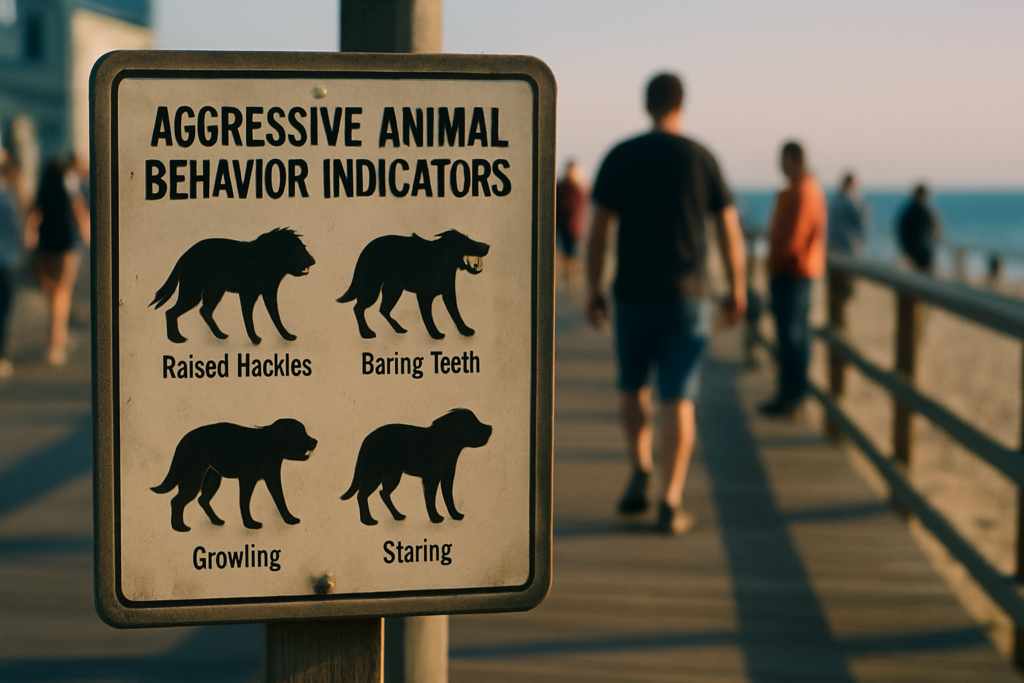What Is Potnjub?
First, the obvious: potnjub isn’t a word you’ll find in the dictionary. It’s an internetborn bit of lexicon, evolved like plenty of online slang—sudden, chaotic, and with unclear origins. That said, it’s usually used to describe someone seen as a mix of overly earnest and outoftouch in cringeworthy ways. Think: trying too hard, missing the point, or obsessively defending weird opinions online without irony.
But it’s not purely an insult. In some spaces, it’s more affectionate than hostile. Like “goofy” or “bless his heart,” it depends on intention and delivery. Context is everything. And like all societymade slang, it mutates constantly.
Origins of Potnjub
Where did potnjub actually come from? The trail isn’t obvious. It popped up across a handful of obscure forums and memeheavy Discord servers in late 2022. Initial uses were vague—part insult, part nonsense. Then it took off on TikTok and Reddit, where users started tagging videos and memes with “classic potnjub behavior.”
There’s a theory that it’s a distorted portmanteau, possibly born from inside jokes among digital creators. Or maybe it’s one of those meaningless sounds that gain meaning through repetition (see: “yeet,” “bruh moment,” or “skibidi”).
What matters more than its origin is how it’s being used now.
Potnjub in Internet Culture
Why does potnjub matter at all? Because it signals how digital language evolves—and fast. A few years ago, “simp” went from obscure Twitch jargon to a global slang staple. “Main character energy” became a viral term packed with social critiques. Now, potnjub enters the arena as a catchall for behaviors or personas that people instinctively want to roast.
It’s also about tone. Calling someone a potnjub isn’t just about mocking them—it’s shorthand for a type of behavior that feels awkwardly out of sync with the internet’s current vibe. If someone uploads an overly edited, tryhard TikTok explaining how to become an alpha male using 2008era advice, people might react: “this guy’s peak potnjub.”
Potnjub vs. Other Slang
How does it compare? Think of potnjub as a spiritual cousin of “cringe,” except it usually implies an attempt at seriousness that backfires. Unlike “fail” or “L,” which are reactive and shortform, potnjub carries a flavor—an essence of someone misplaced in modern nuances.
It’s also different from “boomer,” which critiques generational disconnect. Potnjub pokes at people from any age group who come across as forced, misaligned, or trying to belong in a space that rejects them.
Why It Sticks
Language is sticky when it fills a gap. Potnjub works because, consciously or not, people are seeking new ways to flag awkward dynamics—from influencer culture to parasocial overreaches to everyday DMs. In short, there’s a need for efficient labels. As messy as it is, potnjub fits.
Plus, it’s fun to say. Like many viral words, its phonetics make it memeready: punchy, silly, quotable.
Spotting Potnjub Behavior
You know it when you see it, but here’s a rough checklist:
Tone mismatch. They’re weirdly formal in an informal space, or too performative without realizing how bad it looks. Oblivious takes. Defending views so strongly it’s clear they didn’t read the room—or the thread. Unwarranted confidence. Acting like an expert without basic understanding of the subject. Overuse of buzzwords. Especially outdated or misapplied ones. Genuine, but tonedeaf. They’re trying—and failing—to fit in with a trend five months too late.
Again: it’s not always verbal. A look, a pose, an edit style—anything can broadcast “potnjub energy.”
Potnjub in the Wild
Look at how it functions in real use. A YouTube comment on an illconceived motivational video: “man’s dropping potnjub law like he’s Jordan Peterson.” Or in a friend group chat, after one person suggests reviving Harlem Shake challenges in 2024: “total potnjub move.”
In meme culture, it’s starting to sit beside veterans like “Karen” and “sigma male,” but with less edge and more absurdity. It doesn’t punch down—it watches, shakes its head, then laughs.
Should You Use It?
Depends. If you’re chronically online, you’re probably already toying with it. If not, there’s no rush. Like slang in general, it’s a tool, not a requirement.
But if you do drop it, stay aware of the tone. It lives in that chasm between roast and reference. Use it wrong, and ironically, you become the potnjub.
Final Thoughts
Trends move at internet speed, but potnjub shows how language helps people navigate a chaotic digital environment. It’s funny, weird, and oddly useful. Doesn’t matter whether you’re chronically plugged in or just watching from the sidelines—knowing what potnjub means gives you one more puzzle piece for decoding online behaviors.
Bottom line: words like potnjub aren’t random—they’re reflections. Of how we talk, judge, belong, or miss the mark entirely. And for now, that reflection is worth noticing.


